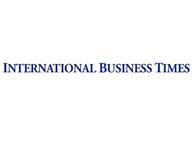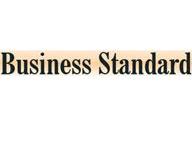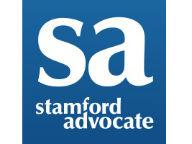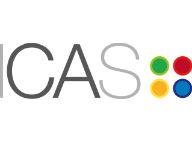Faculty News
—
Professor Emeritus William Baumol's "cost disease" theory is referenced
—

Excerpt from Bloomberg View -- "Baumol’s cost disease is a name for the tendency of costs to rise in slow-growth sectors as fast-growth sectors become more productive. As we learn better ways to make things like iPhones and TVs, the economy becomes wealthier. So we’re willing to pay more for services like back massages, string orchestras and university lectures. But because those services require the same amounts of labor as they did before, their costs rise as rich people pay the same workers more and more for the same old service."
Faculty News
—

Excerpt from Bloomberg View -- "Baumol’s cost disease is a name for the tendency of costs to rise in slow-growth sectors as fast-growth sectors become more productive. As we learn better ways to make things like iPhones and TVs, the economy becomes wealthier. So we’re willing to pay more for services like back massages, string orchestras and university lectures. But because those services require the same amounts of labor as they did before, their costs rise as rich people pay the same workers more and more for the same old service."























